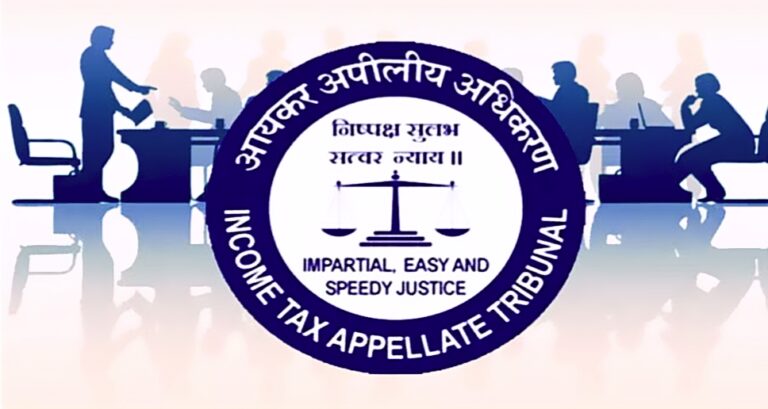In a significant relief to real estate developers, the Pune Bench of the Income Tax Appellate Tribunal (ITAT) has ruled that Section 43CA of the Income Tax Act, 1961 cannot be invoked when the agreement value at the time of booking exceeds the stamp duty valuation, provided part of the consideration is received through proper banking channels.
The Tribunal struck down an addition of ₹38,69,867, reinforcing that booking agreements and documented bank payments hold greater evidentiary value than mere stamp duty valuations at the time of registration.
Case Background
- The assessee, a real estate developer, had 50 flats held as stock-in-trade.
- Out of these, 12 flats were sold for ₹85.37 lakh, whereas the stamp duty value stood at ₹1.24 crore.
- The Assessing Officer (AO) invoked Section 43CA and added ₹38.69 lakh to the assessee’s income, alleging undervaluation.
- The developer, however, produced documents showing that:
- The booking agreement value was higher than the stamp duty valuation at that time.
- Part payment was received through account-payee cheques during the booking stage.
ITAT’s Ruling
The Tribunal examined the provisions of Section 43CA(3) and (4), which provide relief when:
- The agreement value at booking exceeds the stamp duty valuation.
- Part consideration is paid through banking channels before the date of agreement.
The ITAT held that the AO erred in relying solely on post-registration valuation. Since the assessee had met the conditions under subsections (3) and (4), the addition under Section 43CA was unjustified.
➡️ Result: The Tribunal deleted the entire addition of ₹38.69 lakh.
Understanding Section 43CA
Section 43CA is applicable to real estate transactions where property held as stock-in-trade is sold at a price lower than the stamp duty valuation. In such cases, the stamp duty value replaces the declared sale price for computing business income.
However, subsections (3) and (4) provide a safeguard to taxpayers:
- If the agreement value at booking is higher than the stamp duty valuation, and
- Part of the consideration is received through banking channels,
then the transaction is considered genuine, and no addition can be made merely on the basis of later stamp duty valuations.
Key Implications of the Ruling
✅ Booking Value Takes Precedence
When the booking agreement reflects a value higher than the stamp duty valuation, Section 43CA cannot be invoked even if the registered value is lower.
✅ Banking Transactions Are Crucial
Payments made via cheques or banking channels at the booking stage significantly strengthen the taxpayer’s defense.
✅ Importance of Documentation
Real estate developers must maintain comprehensive documentation—such as booking agreements, receipts, and bank proofs—to establish the authenticity of transactions.
✅ Guidance for Assessing Officers
The ruling directs AOs to evaluate booking-stage data rather than relying only on registration-time valuations.
Why This Matters
This decision emphasizes the importance of first-touch valuation and transparency in payments within the real estate sector. It acknowledges that property deals are often finalized much before registration, and these booking agreements must be given due consideration.
For taxpayers and developers, the ruling serves as a strong defense against arbitrary additions under Section 43CA. It also encourages robust record-keeping and transparent banking transactions, which can protect them during scrutiny.
